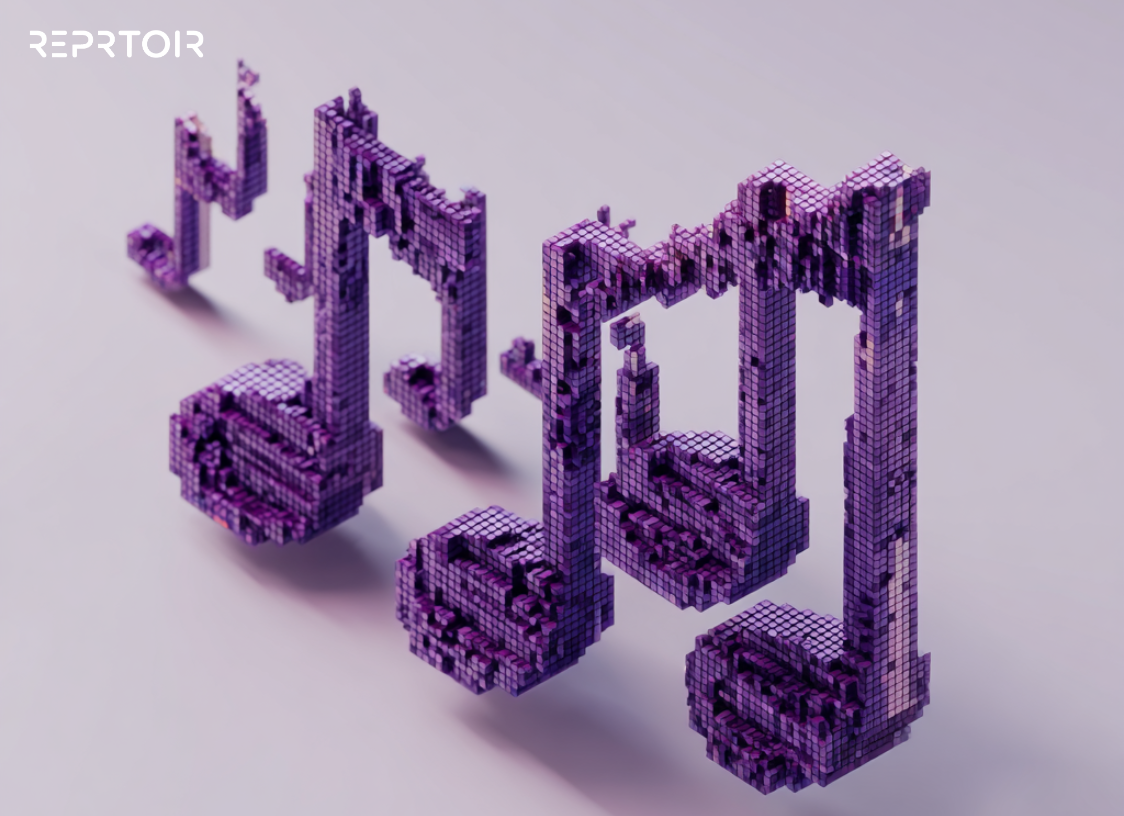Electronic music was limited to underground raves and niche audiences. Today, electronic artists are headlining festivals, dominating streaming platforms, and pioneering new revenue streams. It has been nothing short of remarkable.
Furthermore—unlike traditional music genres—electronic music is booming in the digital world, making it uniquely positioned to leverage online communities for growth and engagement.
In this article, we’ll take a deeper look at the electronic music genre and why it’s a powerful genre going forward for music businesses:
The Unique Business Model of Electronic Music
Electronic music stands out in the music industry due to its innovative approach to revenue generation. Although major labels and artists in genres like rock or pop rely heavily on touring and merchandise sales, electronic music artists have carved out a different path.
For instance, they often prioritize digital releases, streaming, and sync licensing. Let’s look at these:
Sync Licensing
Electronic music is particularly well-suited for sync licensing. Its instrumental nature makes it a favorite for background scores, commercials, and video games.
As a result, this has opened up a significant revenue stream for artists and producers who can license their tracks to various media outlets, often generating substantial income without extensive touring.
Streaming
The genre's audience is highly engaged on streaming platforms like Spotify, Apple Music, and SoundCloud. Electronic music playlists are some of the most followed and frequently updated, which ensures a steady stream of royalties for artists.
Additionally, platforms like Bandcamp allow artists to sell their music directly to fans, providing another valuable income source.
Building Online Communities
The heart of electronic music’s success lies in its ability to create and nurture online communities. These communities support the artists and drive the genre’s growth and evolution.
Here’s how electronic music artists and labels build and sustain these communities:
1. Social Media Engagement
Electronic music artists are highly active on social media platforms. They use Instagram, Twitter, and Facebook to share new releases, deliver behind-the-scenes content, and interact with fans.
For instance, artists like Deadmau5 and Marshmello have massive followings that they regularly engage with through live streams, Q&A sessions, and personal updates.
2. Online Forums and Groups
Platforms like Reddit and specialized forums are popular among electronic music enthusiasts. These communities allow fans to discuss their favorite artists, share production tips, and discover new music.
Artists can tap into the collective passion of their fan base, gaining valuable feedback and fostering a sense of community by participating in these discussions.
3. Exclusive Content and Memberships
Offering exclusive content through platforms like Patreon can be a powerful way to build a dedicated community. Artists can provide subscribers early access to tracks, exclusive remixes, and even personal tutorials.
In return, this generates additional revenue and strengthens the bond between the artist and their most dedicated fans.
4. Virtual Events and Live Streams
While live performances are less central to electronic music than other genres, virtual events have become crucial for community building.
Artists can host virtual DJ sets, production masterclasses, and interactive Q&A sessions on Twitch, YouTube, and Instagram Live. These events allow fans to participate, breaking geographical barriers and creating a global community.
For example, during the COVID-19 pandemic, many electronic music festivals went virtual. Events like Tomorrowland and Electric Daisy Carnival (EDC) hosted online versions, featuring live sets from top DJs, interactive experiences, and digital merchandise sales.
5. Leveraging Music Discovery Platforms
Platforms like SoundCloud, Mixcloud, and Bandcamp are essential for discovering new electronic music. Artists can upload their tracks, mixes, and live sets, making them accessible to a global audience; these platforms also have built-in community features—such as comments and likes—which encourage interaction between artists and listeners.
SoundCloud, in particular, has been instrumental in launching the careers of many electronic artists. Its user-friendly interface and robust community features make it easy for artists to share their music and receive feedback.
Additionally, the platform’s algorithm helps fans discover new music based on their listening habits, which promotes organic growth within the community.
The Future of Electronic Music Communities
As the electronic music industry continues to evolve, the importance of online communities will only grow. Advances in technology—such as virtual reality (VR) and augmented reality (AR)—offer exciting new possibilities for community building.
VR concerts and AR-enhanced live streams could provide fans with immersive experiences beyond traditional online interactions.
Moreover, the rise of blockchain technology and non-fungible tokens (NFTs) presents new opportunities for artists to monetize their work and engage with fans.
NFTs can offer fans unique, collectible digital items such as exclusive tracks, virtual merchandise, and even access to private events.
Final Thoughts
The electronic music business thrives on its ability to build and sustain vibrant online communities. Through social media engagement, online forums, exclusive content, virtual events, and music discovery platforms, artists can connect with fans worldwide and create a sense of belonging.
As technology grows, the potential for these communities will only expand, ensuring that electronic music remains at the forefront of the music industry.
If you’re looking to build your music business, contact us today for more information.










